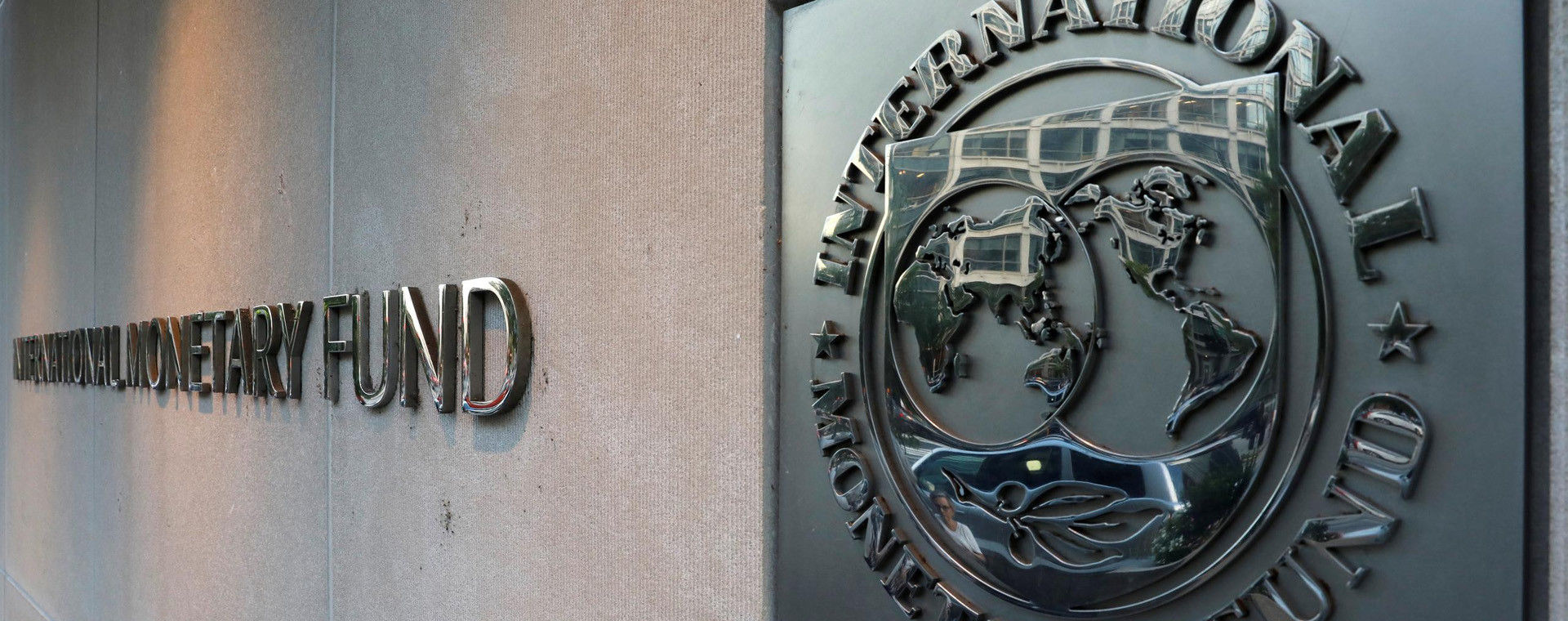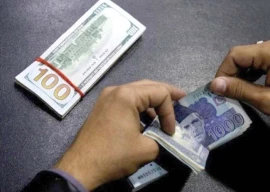
The International Monetary Fund (IMF) was launched in 1944, tasked by its 44 founding members with “monitoring the international monetary system (IMS) and global economic development to identify risks and recommend policies for growth and financial stability”.
Its original purpose was to provide short-term loans to nations that had balance of payments problems under the newly created Bretton Woods exchange rate system.
The IMF is an international institution of 190 member countries. The United States and its Western allies being the largest contributors have a majority of voting rights and decision-making powers.
Supporters of the IMF include who’s who of the corporate and political elite from left and right, the corporate community, and in particular banks, which are direct beneficiaries of the IMF bailout funds.
The IMF, being the lender of last resort for countries in balance of payments crisis or in danger of default, almost always ties its bailouts to excessive austerity measures. Its loans are tied – in the IMF jargon – to the “structural adjustment programme”. These center on raising taxes and/ or spurning tax rate reductions, balancing the budget at all costs, devaluing the currency and increasing interest rates.
Such anti-growth policies, delivered in line with the IMF diktat, have been shown in the majority of cases to have actually increased countries’ dependence on the IMF over time. Just think of what has happened in Argentina, Pakistan, Ecuador, Egypt or Ghana.
The tragedy is that for the past 50 years, the IMF has been peddling wrongheaded advice across the globe to countries seduced by “free” IMF funds and thus compelled to follow economically destructive fiscal and monetary policies, creating a network of loan addicts.
The IMF is more like Hotel California: you can check-in, but you never check-out. Unless and until the IMF alongside its partner the World Bank changes the modus operandi, over time their influence will diminish on the global stage.
Alternative financial institutions of the recently expanded BRICS group will emerge to compete with the G7 on setting global rules and standards. This would seem to appeal to many developing countries, which want to reform the current international and financial system but do not want to explicitly take sides between the United States and China.
The IMF has a dreadful track record and is a relic of the 20th century; it must adapt to the realities of the 21st century. We are today living in a multipolar system.
A rising China and the BRICS + group have grown substantially in stature, as a forum to articulate the views of countries in the Global South in their dealing with developed countries.
International finance is one area where political tensions between the two camps are playing out. For the last 10 years, China has increased its loans in billions through the policy banks: China Exim Bank.
Chinese banks like ICBC and the China Development Bank (CDB) promoted the flagship China’s Belt and Road Initiative (BRI) and more recently created the Asian Infrastructure Investment Bank (AIIB) and the New Development Bank (NDB) to increase China’s influence in developing global rules and standards.
China is using its growing economic and geopolitical clout with the Global South to actively reshape international relations in its favour. The aim is to build up alternative financial institutions to facilitate cooperation between China and other countries on China’s terms and not under the tutelage of the United States and Europe, which has contributed to the fragmentation and weakening of the current global order and its institutions.
The G20 “Common Framework for Debt Treatment” is a case study in geopolitical economic complexities. Since its launch in 2020, only four countries (Zambia, Chad, Ethiopia and Ghana) have applied to restructure their sovereign debt under the framework sovereign debt architecture, which is messy and ad hoc. With China being a major creditor, it has proved to be time consuming and complex; each deal needs to be inked down in a “memorandum of understanding”.
In order for countries to avoid falling into balance of payments crisis, debt distress, danger of default and “painful” debt restructuring, the IMF in its core mission of macroeconomics and exchange rate surveillance and guidance should focus on what are right economic policies: low tax rates on broad tax bases, cuts in government spending, stable currencies and lower interest rates.
Only these changes can promote sustainable economic growth and prosperity for the poverty-stricken Global South and keep the IMF’s influence intact as a global financial institution.
The writer is a philanthropist
Published in The Express Tribune, October 23rd, 2023.
Like Business on Facebook, follow @TribuneBiz on Twitter to stay informed and join in the conversation.



1731735822-0/Copy-of-Untitled-(1)1731735822-0-165x106.webp)














COMMENTS
Comments are moderated and generally will be posted if they are on-topic and not abusive.
For more information, please see our Comments FAQ